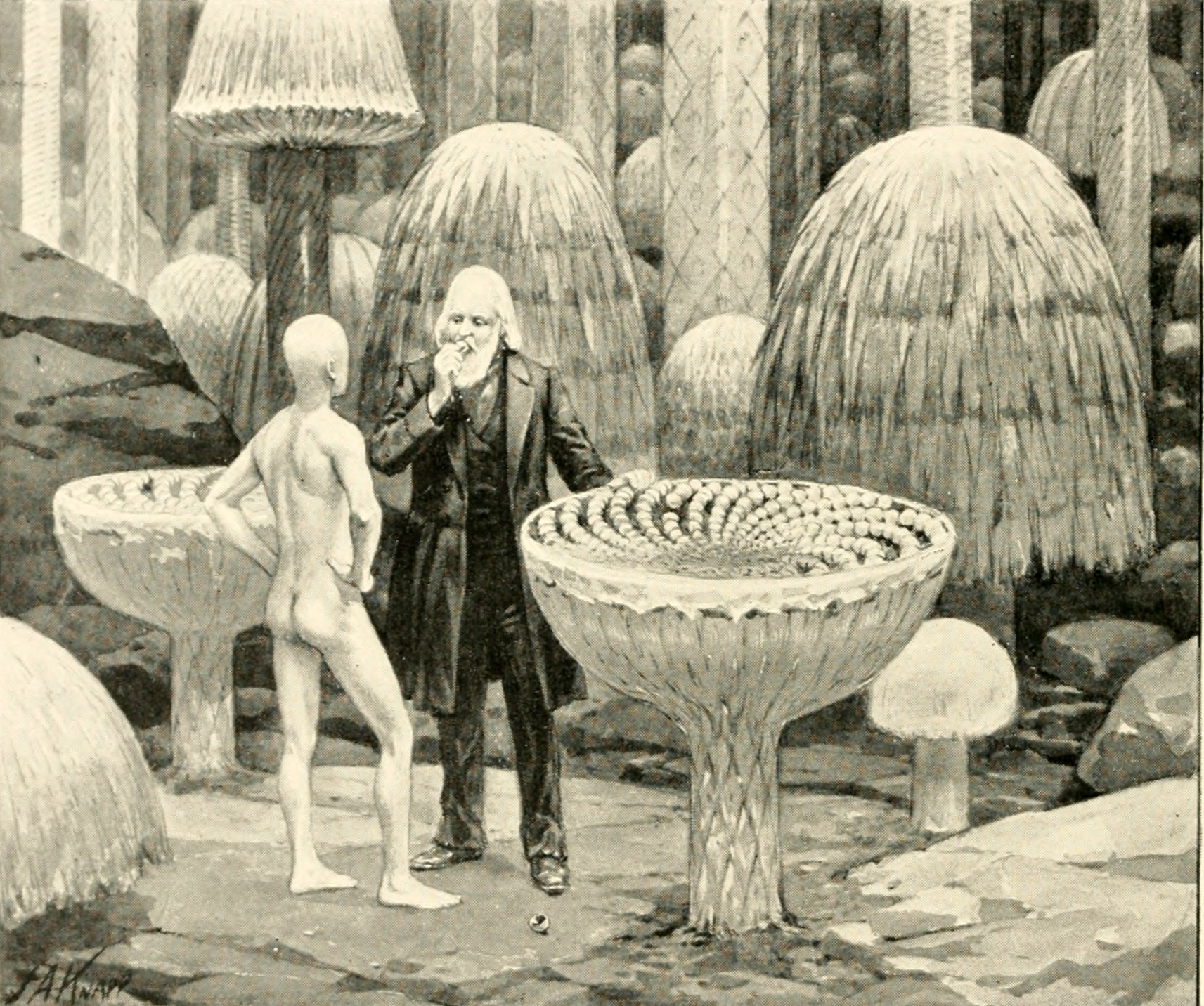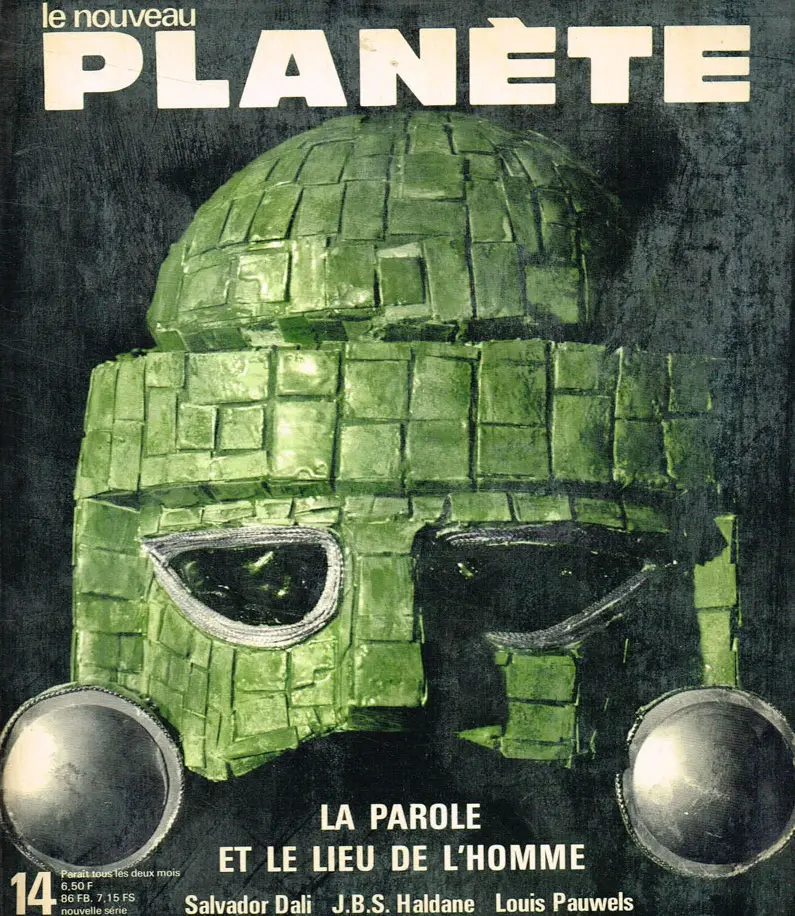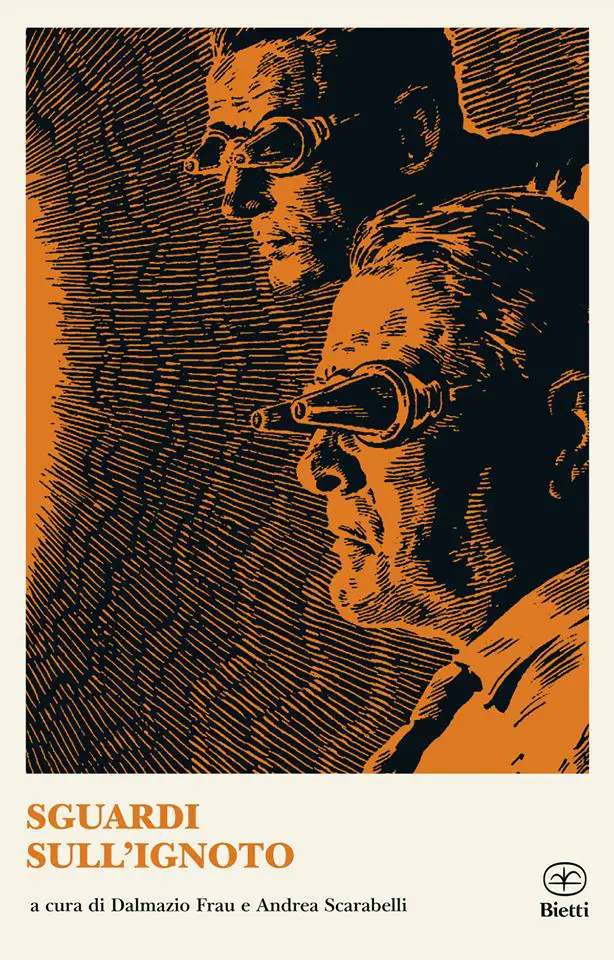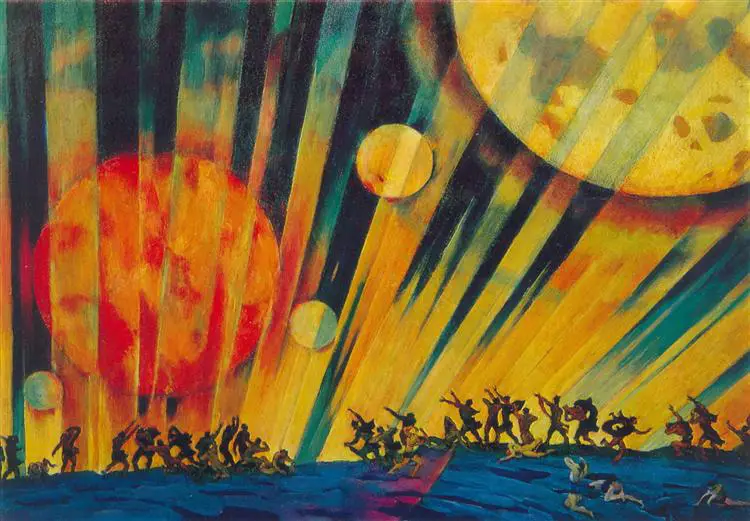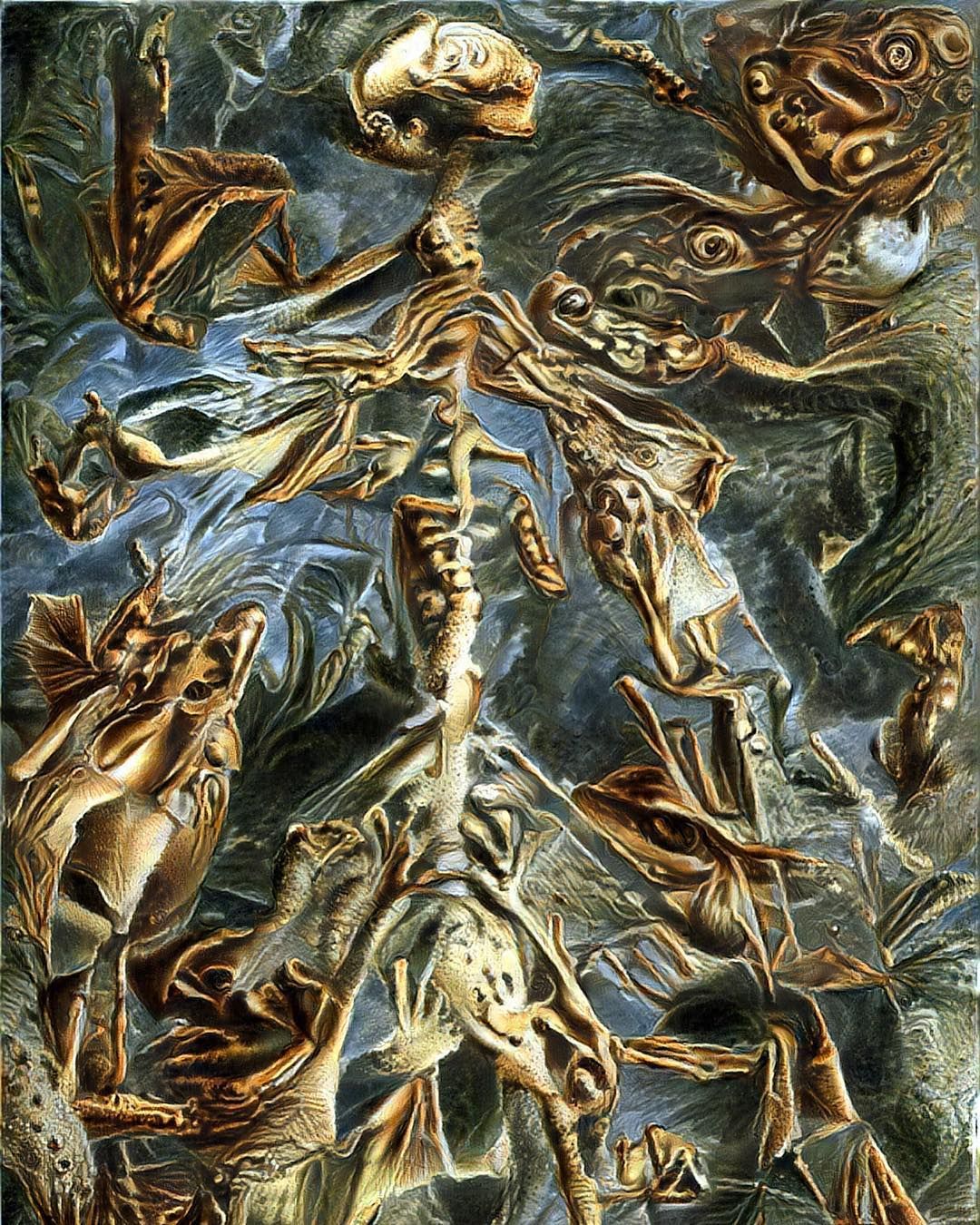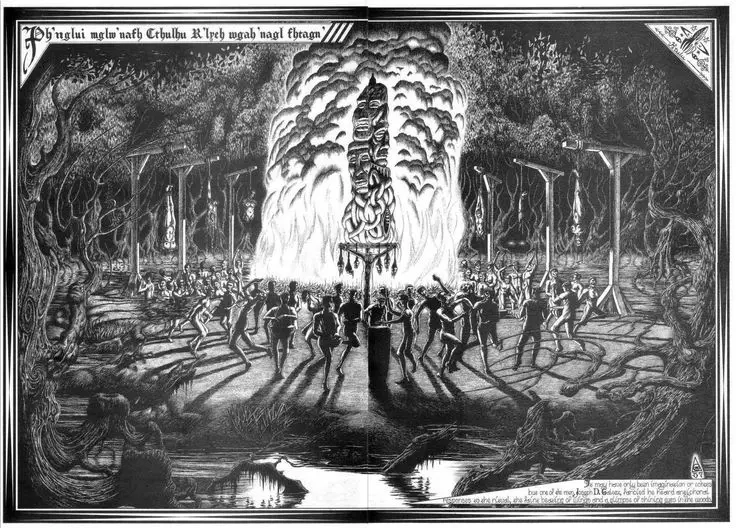Author: Andrea Scarabelli
Interview with Giorgio Galli: esotericism, culture & politics
In memory of prof. Giorgio Galli - Milanese political scientist, historian and academic who passed away on December 27 at the age of 92 - we are republishing this interview given to the magazine «Antarès» a few years ago.
Science and fantasy: “Etidorhpa”, John Uri Lloyd's Hollow Earth
In John Uri Lloyd's "Etidorhpa" the passage from the materialistic nineteenth century to the quantum twentieth century is condensed, ambiguous and relativistic, under the banner of Heisenberg's uncertainty principle: a century in which the fantastic resurrects in the heart of that same science that had naively believed to exorcise him.
Mircea Eliade: "Pauwels, Bergier and the Planet of wizards"
Dedicated to science and mystery, past and future, archeology and science fiction, "Planète" was a multifaceted magazine, published by Louis Pauwels and Jacques Bergier, former authors of the cult book of "fantastic realism" "The morning of the wizards", which attracted also the attention of Mircea Eliade, who spoke of it in his work "Occultism, witchcraft and cultural fashions", published in 1976.
The Fantastic and the shipwreck of reality: “Looks on the Unknown. Decameron of the Mystery ”for 2020
“Sguardi sull'Ignoto” has just been released, an anthology of fantastic literature edited by Bietti and edited by Andrea Scarabelli and Dalmazio Frau. The collection - which also includes a story written by us ("Tumpek Wayang") - was launched a few days ago in an ebook version and can be downloaded for free at this address: http://www.bietti.it/attivita/ioleggodacasa/. For those interested in a printable pdf version, it is possible to request it at: antares@edizionibietti.com. Courtesy of the Publisher, we publish Scarabelli's introduction here.
The esoteric futurism of the Russian Cosmists
Cosmism is the miracle of a synthesis that the West knew for the last time in the Renaissance and that took root in the Soviet Russia of the "space race" in the last century: an attitude rather than a real current, a crossroads of experiences and researches ranging from esoteric futurism to transcendental pragmatism, from magical realism to idealistic materialism, from humanism to transhumanism.
Colin Wilson & Jacques Bergier: that is, the conspiracy of history
Civilization as a conspiracy; history as a trap; an endemic psychic vampirism that has seized an entire civilization: these are the burning themes of two of the key texts of the Alternative Reality between the 60s and 70s: "The parasites of the mind" by Colin Wilson and "The cursed books" by Jacques Berger.
Interview with Giuseppe Lippi: "The fantastic is the exception, not the rule"
Following the recent death of Giuseppe Lippi, which took place on Saturday 15 December, we want to share this interview released a few years ago to Andrea Scarabelli for the Antarès magazine, focused on the work of HP Lovecraft and on the role and importance of the Imaginary of the Fantastic in today's world. Our heartfelt thanks go to Lippi for everything he has done.
Terra Sarda: Ernst Jünger's metaphysical Mediterranean
The theater of these incursions is the Mediterranean, here understood in a more than a geographical sense: agora and labyrinth, "lost sea of the Self", archive and sepulcher, current and destiny, twilight and dawn, Apollonian and Dionysian.
Beasts, men or gods: HP Lovecraft's alien cults
(image: John Coulthart, "The Call of Cthulhu")
The presence of mythical-religious themes in the work of the "cosmic Poe" - as Jacques Bergier defined it - is of interest not only from a literary point of view, but also with respect to the relationship between modernity and this type of knowledge. As is now known even to non "experts", Howard Phillips Lovecraft defined himself as a «absolute materialist and mechanistic[1] persuaded that the world was the mathematical sum of physical impulses governed by chance and deriving human aspirations to mere fantasies. Yet, behind this profession of faith - which too many have stopped at when questioning the Loner of Providence - there is much more. For example, the fact that he had studied and therefore well knew the ancient myths of the West, Greco-Roman but also Germanic and Norse. Well, how are these interests related to yours World vision? Why should an enthusiastic follower of science and technology be passionate about those myths that the same followers of the Goddess Reason often relegate to expressions of a convoluted and premodern, "infantile" humanity? The contradiction, in reality, is only apparent.



